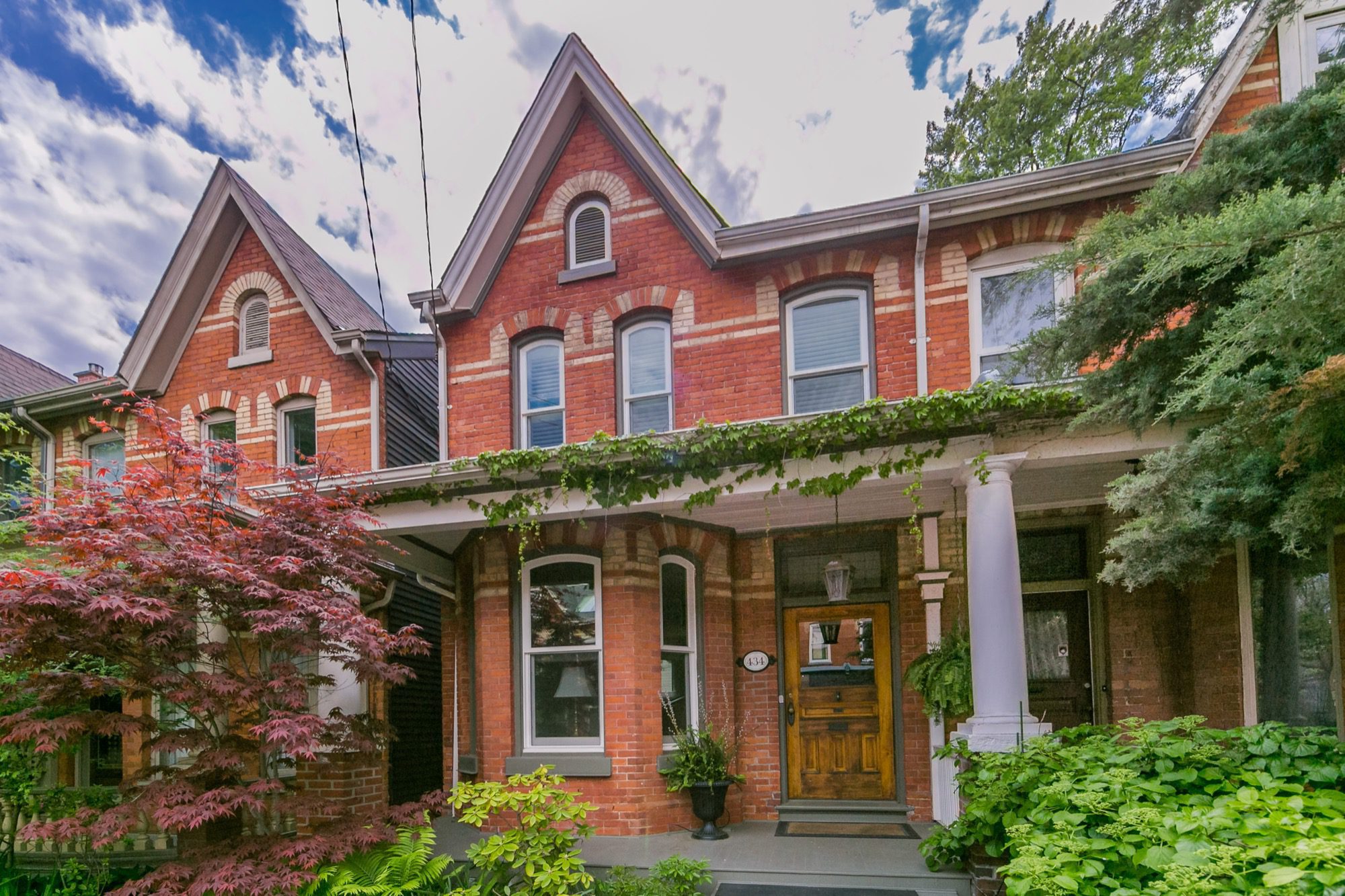You’ve gone through the long process of buying your home. You’ve been responsibly paying your mortgage every month. You wonder, “Wouldn’t it be nice if I could reduce my monthly mortgage payment? How do I do that?” Well, you just might be able to by refinancing your property, and that’s not the only benefit either.
This article will explain what refinancing a property means, the common reasons for a refinance, and whether or not you should refinance.
What Does it Mean to Refinance a Property?
Refinancing a property can mean taking out a new mortgage that pays off your old mortgage, or changing the terms on your existing mortgage. The desired result is better mortgage terms for you.
Note that a similar but slightly different term that you may see elsewhere is refinancing a mortgage. Refinancing a mortgage means taking out a second mortgage that pays off your old mortgage, but it does not mean changing the terms on your existing mortgage. So in essence, refinancing a mortgage is one of the two ways to refinance a property.
Why do people refinance a property? There are 5 reasons why people might refinance a property:
- To get a lower interest rate
- To change the loan amortization
- To add to the amount of equity
- To borrow against the accumulated equity
- To cash out a portion of the accumulated equity
If any of these reasons are applicable to you, it might make sense for you to refinance your property.
Getting a lower interest rate
The main reason people refinance a property is to save money on their monthly payments by getting a lower interest rate. Many people have worked for many years after purchasing their home, and in those years, they’ve paid their bills on time and built up a better credit score. Another possibility is that the interest rates in the economy dropped. Both these situations give homeowners the opportunity to get loans at a lower interest rate than when they first bought the property.
Changing the loan amortization
The second common reason for refinancing is to change the loan amortization, which affects how long the loan lasts; the longer the amortization, the lower the monthly payments. Many people who refinance actually want a longer amortization period in exchange for a lower monthly payment, which reduces stress around cash flow. Some also find themselves in better financial situations than before, so they choose to refinance to a shorter amortization with higher monthly payments. When interest rates fall, homeowners may also get the opportunity to refinance their property with a new mortgage that has roughly the same monthly payment but a shorter amortization, allowing them to pay of the mortgage faster.
Adding equity
The third reason is to add a significant amount of equity to your property. When you refinance, you can pay down a significant amount of the old mortgage, thereby adding to your equity, so that in your new loan, the amount you owe is less. That means you can have lower monthly payments and/or a shorter amortization.
Borrowing against the accumulated equity
The fourth reason is to borrow against the equity you’ve built up via a Home Equity Loan, which is essentially a second mortgage with a fixed amount, interest rate, and repayment period. The interest rate will be slightly higher than your first mortgage, but still low compared to other sources of debt. Many homeowners may take out a Home Equity Loan to finance major purchases like a car, home renovations, or children’s education. Some people also choose to use that money to pay off credit card debt, which has a much higher interest rate. Finally, people may put that money into investments that will hopefully return a higher rate than the rate of the Home Equity Loan.
Cashing out a portion of the accumulated equity
The fifth reason is to cash out a portion of the equity via a Cash-Out Refinance Loan, which means refinancing your mortgage to a larger one and getting the difference in cash. This also means you’d have to negotiate new terms for the new mortgage. People often use a Cash-Out Refinance Loan to pay for home renovations because the renovations should increase the value of the home, which then compensates for the increased mortgage, while they get to enjoy living in a nicer home.
Should I Refinance my Property and When?
First, do any of the five above reasons apply to your situation? If so, then refinancing might make sense for you.

David Smith
Next, you need to check the terms of your current mortgage to see if there’s any penalties for refinancing. Most lenders require borrowers to maintain their original mortgage for at least 12 months before refinancing is allowed. Also, they often impose a penalty if the borrower wants to pay off the loan before it matures, which often happens if you want to refinance your property.
Finally, you need to calculate if the savings outweigh the costs.
David Smith, a mortgage broker at Oriana Financial, gives the follow advice:
The best circumstances for refinancing a property would be if interest rates have fallen and you can get out of your existing mortgage without a penalty that negates the savings.
Smith also cautions homeowners to be careful with Home Equity Loans:
If the refinance involves borrowing against the equity of the home in the form on a second mortgage, then a careful reading of the terms and conditions within the instrument is essential. Is there a renewal fee? Is there a discharge fee? What are the terms under which I can pay off this loan?
If you’ve had your mortgage for a while and you’ve been building up a good credit score, or if interest rates have dropped, then refinancing your mortgage can be a great opportunity to reduce your interest rate, change your amortization period, or get some extra funds.
But before you refinance your mortgage, it’s extremely important to sit down with a lender or mortgage broker and do the math to see how much you’d save per month, what the costs are, and how long it’d take for the savings to exceed the costs.
If it’s not a good time for you to refinance right now, keep paying those mortgage payments and building your credit score so that you’ll be ready when future opportunities come.







